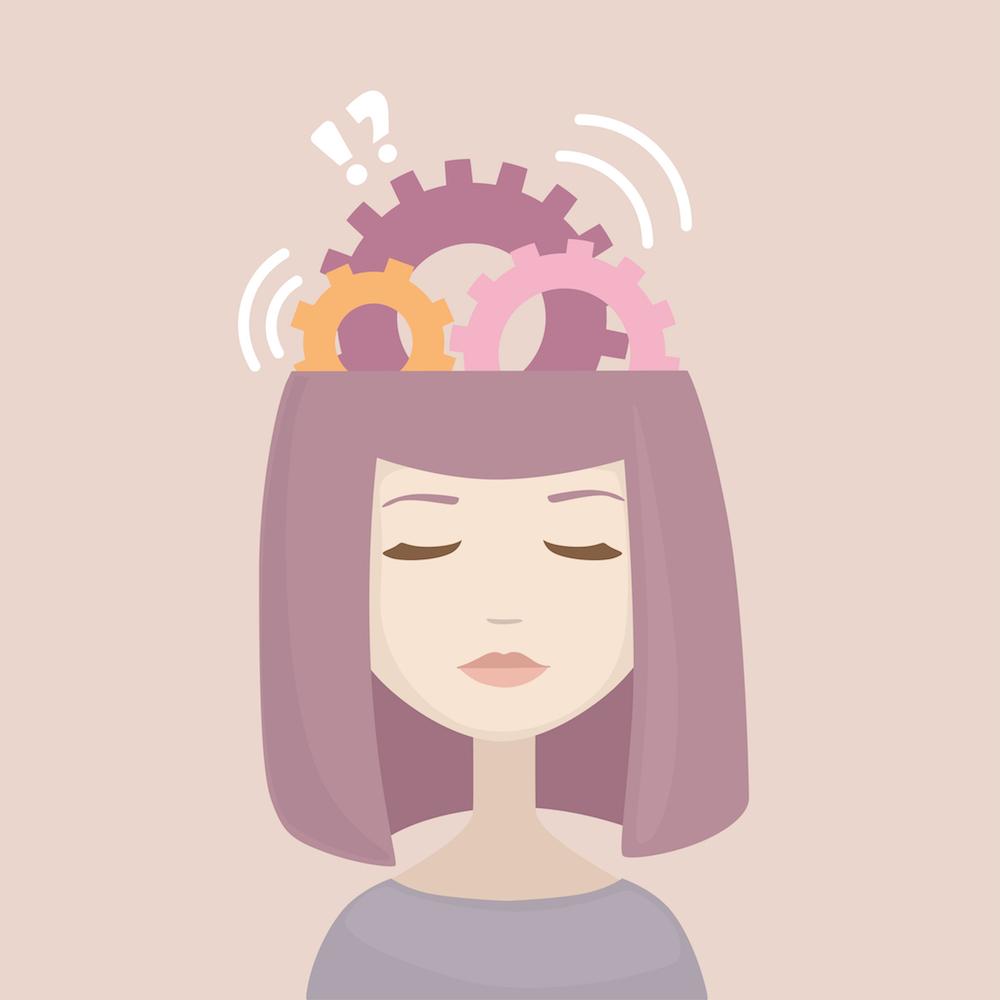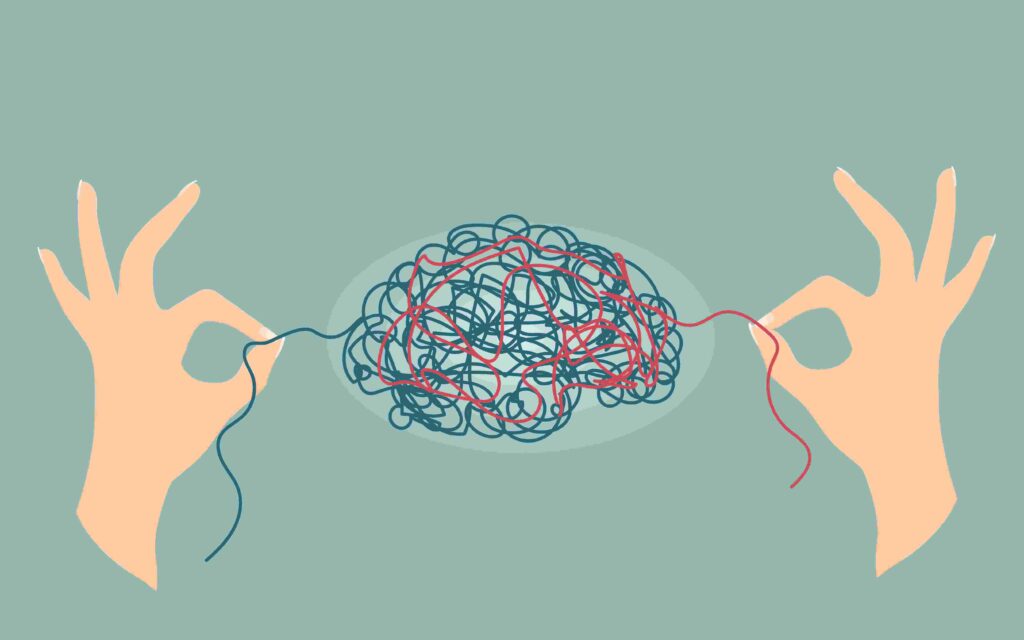Self-Control and Discipline

In our fast-paced, distraction-filled world, self-control and discipline are often viewed as the keys to success. These two intertwined concepts have deep psychological underpinnings, shaping our behaviors, thoughts, and emotions. From resisting temptations to adhering to long-term goals, self-control and discipline play a pivotal role in shaping the course of our lives. This article delves into the psychology behind self-control and discipline, exploring their significance, mechanisms, and the ways in which they can be developed and strengthened.
The Definition and Importance of Self-Control and Discipline

Self-control refers to the ability to regulate one’s emotions, thoughts, and behaviors in the face of temptations and impulses. It involves delaying immediate gratification for long-term rewards, resisting short-term pleasures, and making decisions that align with one’s higher-order goals. Discipline, on the other hand, involves the consistent application of self-control. It is the capacity to stay focused on a task, persist through challenges, and follow through with commitments, even when motivation wanes.
Psychologically, self-control and discipline are crucial for achieving personal and professional success. These traits are associated with better health outcomes, higher academic and career achievements, improved interpersonal relationships, and greater overall well-being. People with high levels of self-control and discipline tend to make healthier lifestyle choices, avoid risky behaviors, and cope more effectively with stress.
The Psychological Mechanisms Behind Self-Control and Discipline
it is not just about willpower; they are deeply rooted in cognitive and emotional processes. One key psychological mechanism involved in self-control is the concept of executive function. Executive functions are a set of cognitive processes, including working memory, cognitive flexibility, and inhibitory control, that enable individuals to plan, focus attention, remember instructions, and manage multiple tasks simultaneously. These functions are largely governed by the prefrontal cortex, a brain region responsible for higher-order thinking and decision-making.
Inhibitory control is particularly crucial for self-control and discipline. It refers to the ability to suppress impulsive behaviors and resist temptations. For example, when faced with the choice between indulging in a delicious but unhealthy snack and sticking to a healthy diet, inhibitory control helps individuals resist the immediate temptation and opt for the healthier option. This ability to delay gratification is a hallmark of self-control and discipline and has been extensively studied in psychological research.
One famous study in this realm is the Marshmallow Test, conducted by psychologist Walter Mischel in the 1960s. In this experiment, children were given a choice: they could eat one marshmallow immediately, or wait for a period of time and receive two marshmallows as a reward. The study found that children who were able to wait for the second marshmallow—demonstrating higher levels of self-control and discipline—tended to have better life outcomes in terms of academic achievement, health, and social success. This research highlights the long-term benefits of self-control and discipline, reinforcing the idea that these traits are vital for personal growth and success.
The Role of Emotion Regulation in Self-Control and Discipline

Emotion regulation is another critical component. The ability to manage and modulate emotional responses, particularly in challenging or stressful situations, is essential for maintaining discipline. When emotions are not regulated effectively, they can lead to impulsive decisions and actions that undermine long-term goals.
For example, when someone experiences frustration or anger, they may be tempted to lash out or engage in harmful behaviors, such as overeating or substance abuse. However, individuals with strong self-control and discipline can recognize these emotional triggers, regulate their responses, and choose more constructive ways to cope with their feelings. This ability to manage emotions is linked to psychological resilience, which further supports self-control and discipline in the face of adversity.
Mindfulness is a psychological technique that has been shown to enhance emotion regulation and, by extension, self-control and discipline. Mindfulness involves paying attention to the present moment without judgment and with acceptance. By cultivating mindfulness, individuals can become more aware of their thoughts, feelings, and impulses, allowing them to respond to situations with greater clarity and self-control. Numerous studies have demonstrated that mindfulness practices, such as meditation, can improve self-control and discipline by reducing emotional reactivity and enhancing cognitive control.
The Strength Model of Self-Control
One prominent psychological theory that explains self-control and discipline is the Strength Model of Self-Control, proposed by psychologist Roy Baumeister. According to this model, self-control operates like a muscle—it can be strengthened with practice, but it can also become fatigued with overuse. When people exert self-control in one domain, such as resisting the urge to eat unhealthy food, they may have less self-control available for other tasks, such as resisting the temptation to procrastinate on a work assignment.
This phenomenon, known as ego depletion, suggests that these are finite resources that can be depleted over time. However, just like a muscle, self-control can be strengthened through regular exercise. Engaging in activities that require self-control, such as setting and achieving small goals, can help build self-control and discipline over time. Additionally, finding ways to replenish self-control resources, such as through rest, relaxation, and positive reinforcement, can help individuals maintain their discipline over the long term.
The Role of Motivation and Goal Setting

While they are essential for achieving long-term goals, motivation is the driving force that initiates and sustains these behaviors. Without motivation, even individuals with strong self-control and discipline may struggle to stay committed to their goals. Therefore, understanding the psychological mechanisms of motivation is critical for enhancing self-control and discipline.
One influential theory of motivation is Self-Determination Theory (SDT), which posits that people are more likely to exhibit self-control and discipline when they are motivated by intrinsic factors, such as personal growth, mastery, and a sense of purpose, rather than extrinsic rewards, such as money or social approval. Intrinsically motivated individuals are more likely to persist in the face of challenges, maintain discipline over time, and derive greater satisfaction from their efforts.
Goal setting is another psychological tool that can enhance it. Setting clear, specific, and achievable goals provides individuals with a roadmap for their actions and helps them stay focused on their long-term objectives. SMART goals—which are Specific, Measurable, Achievable, Relevant, and Time-bound—are particularly effective in fostering self-control and discipline. By breaking down larger goals into smaller, manageable tasks, individuals can build momentum and maintain their discipline over time.
The Impact of Environment on Self-Control and Discipline
The environment in which individuals operate can significantly influence their levels of self-control and discipline. Psychologically, certain environmental cues and triggers can either enhance or undermine self-control efforts. For instance, being in an environment filled with distractions, such as social media notifications or constant interruptions, can make it more challenging to maintain discipline. On the other hand, creating an environment that supports goal-oriented behaviors, such as a clutter-free workspace or a healthy kitchen, can bolster self-control and discipline.
Social influences also play a crucial role in shaping self-control. Surrounding oneself with supportive and like-minded individuals who share similar goals can enhance motivation and accountability. Conversely, being in a social environment that encourages impulsive behaviors or distracts from long-term goals can hinder self-control efforts. Therefore, cultivating a positive and goal-aligned social network is essential for maintaining self-control and discipline over time.
Developing and Strengthening Self-Control and Discipline

While these are influenced by genetic, environmental, and psychological factors, they are not fixed traits. Research has shown that self-control and discipline can be developed and strengthened through intentional practice and lifestyle changes. Here are some evidence-based strategies for enhancing self-control and discipline:
- Practice Delayed Gratification: Engage in activities that require postponing immediate rewards, such as saving money instead of spending it impulsively or waiting to eat dessert after a healthy meal. Over time, this practice can strengthen self-control and discipline.
- Build Healthy Habits: Establishing consistent routines and habits reduces the need for constant decision-making and conserves self-control resources. For example, exercising regularly or adhering to a daily schedule can make it easier to maintain discipline.
- Use Positive Reinforcement: Rewarding yourself for achieving small milestones can boost motivation and reinforce self-control and discipline. Positive reinforcement creates a feedback loop that encourages continued effort and persistence.
- Develop Emotional Intelligence: Enhancing emotional awareness and regulation skills can improve self-control and discipline by reducing impulsive reactions and promoting thoughtful decision-making.
- Set SMART Goals: Break down larger goals into smaller, achievable tasks that provide a sense of progress and accomplishment. This approach helps maintain focus and discipline over time.
- Practice Mindfulness: Incorporate mindfulness practices, such as meditation or deep breathing exercises, into your daily routine. These techniques can enhance self-control and discipline by promoting emotional regulation and reducing stress.
- Create a Supportive Environment: Surround yourself with people and environments that align with your goals and values. Minimize distractions and temptations, and seek out supportive relationships that encourage discipline and accountability.
- Cultivate a Growth Mindset: Embrace challenges as opportunities for growth rather than obstacles. A growth mindset fosters resilience and persistence, both of which are essential for self-control and discipline.
Conclusion
Self-control and discipline are foundational elements of psychological well-being and success. They are not merely about resisting temptations or adhering to rigid routines but are deeply intertwined with cognitive processes, emotional regulation, motivation, and environmental factors. By understanding the psychological mechanisms behind self-control and discipline, individuals can develop strategies to enhance these traits and achieve their long-term goals.
The cultivation of self-control and discipline is a lifelong journey. It requires consistent effort, self-awareness, and a willingness to adapt to changing circumstances. However, the rewards of developing these traits are substantial—greater personal fulfillment, improved health and
well-being, and the ability to navigate life’s challenges with resilience and purpose. Whether through mindfulness practices, goal setting, or emotional regulation, anyone can strengthen their self-control and discipline and unlock their full potential.
